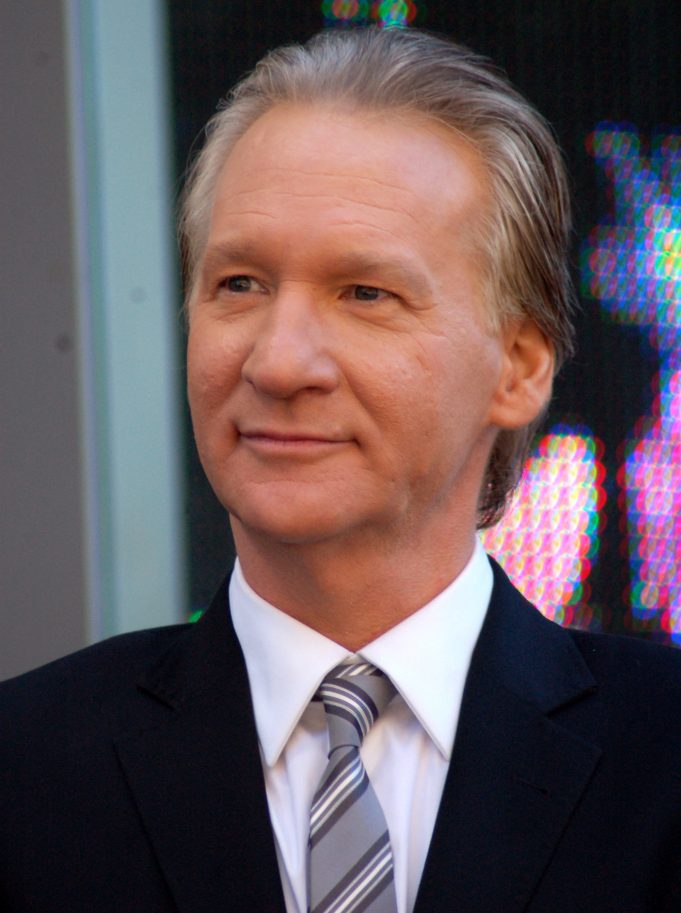So, almost a week has gone by since Bill Maher made his public faux pas with his use of the “N-Word” to describe who he was in relation to what kind of work he does. Reaction has been swift and predictable. Various civil rights and public personalities have denounced his use of the word and once again we are hearing the public debate about the tensions between free speech and censored speech.
Before I go too far, I want to make my position clear. I consider the word to be a form of profanity that is particularly offensive. That said, I believe it is especially offensive for white people to use it. Now, some white people argue that they should be able to say it because black people say it. That argument is at the heart of the notion of white privilege that suggests white people should not be prohibited from doing whatever they want to do — especially if others are permitted to do it. This is the basis for opposition to affirmative action, diversity initiatives, or women’s rights. Most people agree that men should not call women the B-word even when women use it toward other women — sometimes in affectionate ways like black people use the N-word. Below is a list of things for which I wish white people would hear a self-censoring black voice that says, “No…just no!”
1. Saying that you have a “black friend” as a way to legitimate your bad behavior.
2. Touching a Black woman’s hair and believing you have a right to do it. And, believing you’re making a compliment to her by saying, “Oh, it’s soft…I didn’t expect that!”
3. Making other forms of discrimination equivalent. Sexism, homophobia, religious and linguistic prejudices are their own things. They may be analogous to racism but they are not the same.
4. Drawing specious comparisons between your family’s history and those of black people as in, “My great grandfather came here from [insert country] without any money and without speaking English and he didn’t expect anything from society.”
5. Dismissing the impact of slavery on the psyche and material realities of black life. “That was a long time ago, get over it!”
6. Disavowing any culpability for the privilege you enjoy at the expense of others. “I never owned slaves … it’s not my fault!”
7. Assuming a right to simultaneously appropriate and deny culture as in using hip-hop to sell your products while telling black people they have no culture.
8. Presuming black respectability is a protective factor in this society. “If they would just pull up their pants they wouldn’t be harassed by the police.”
9. Asking questions about what all black people think or feel about anything. “What do black people think about this Bill Cosby thing?”
10. Telling black folks how hard their lives must be. “It’s a shame you have to live in that dangerous neighborhood.”
11. Feeling like you have to speak on everything! You can listen sometimes.
12. Believing that you know what’s good for other people. “Black people should take their kids to the zoo!”
13. Assuming you know the motivations and circumstances of others. “Black parents don’t really care about education.”
14. Telling black people that you are tired of talking about race — try living it (not like Rachel Dolezal).
15. Telling Black people because of Barak Obama we are now post-racial.
16. Pretending that race never motivates your political choices but assuming the only motivation black people have for anything is racial.
17. Expressing surprise at black excellence beyond stereotypical areas. “Did you hear about the black kid chess champion?”
18. Limiting what counts as beauty and aesthetically pleasing. “Her butt is way too big. She should lose weight!”
19. Discounting the belief systems that sustain many black people. “Black folks need to get rid of their religious superstitions.”
20. Telling us how to eat, to live, what to believe, what to do, and how to be.
In the return to Bill Maher and his use of the N-word, I am reminded of my friend and colleague Professor Marc Lamont Hill who when white people ask him, ”Why can’t I use the word?” he responds, ”Why do you WANT to use the word?” I think we really do need to hear how people answer that. Despite the power and the privilege white people may enjoy (even poor white people have White skin privilege) there are some things to which I as a black woman need to say, “No … just no!”




























